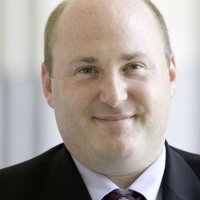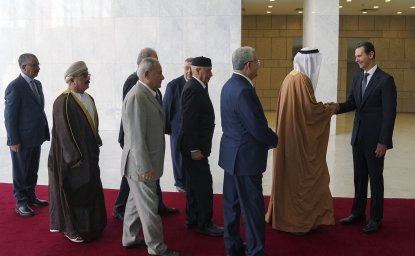Commentary: Debating Environment, Population, and Conflict

The environment, population, and conflict thesis remains central to current environment and security debates. During the 1990s, an explosion of scholarship and policy attention was devoted to unraveling the linkages among the three variables. While it can easily be argued that both the research and policy communities have made significant advances, the scholarly findings and policy lessons remain the subject of intense debate. The recent publication of a host of significant contributions to this debate dictated a special commentary section to supplement the lengthy book reviews provided in this 2000 issue of the Environmental Change and Security Project Report.
In the first article, leading figure Thomas Homer-Dixon and his colleagues from the University of Toronto respond to the prominent critique enunciated by fellow peace researcher Nils Petter Gleditsch from the International Peace Research Institute, Oslo (see box on Gleditsch’s critique). Richard Matthew of the University of California, Irvine, comments on the five-year NATO Committee on the Challenges of Modern Society pilot study entitled Environmental Security in an International Context. Geoffrey D. Dabelko joins Richard Matthew to draw conclusions from a March 2000 environment, population, and conflict workshop with leading scholars. In the last commentary, University of California, Irvine researcher Ted Gaulin briefly critiques Indra de Soysa and Nils Petter Gleditsch’s To Cultivate Peace: Agriculture in a World of Conflict, portions of which were reprinted in issue 4 of the ECSP Report.
Authors

Professor and Associate Dean, George V. Voinovich School of Leadership and Public Affairs, Ohio University; Associate Senior Fellow, Environment of Peace Initiative, Stockholm International Peace Research Institute

Environmental Change and Security Program
The Environmental Change and Security Program (ECSP) explores the connections between environmental change, health, and population dynamics and their links to conflict, human insecurity, and foreign policy. Read more

Explore More
Browse Insights & Analysis
Ted Gaulin

Thomas Homer-Dixon

Richard Matthew
